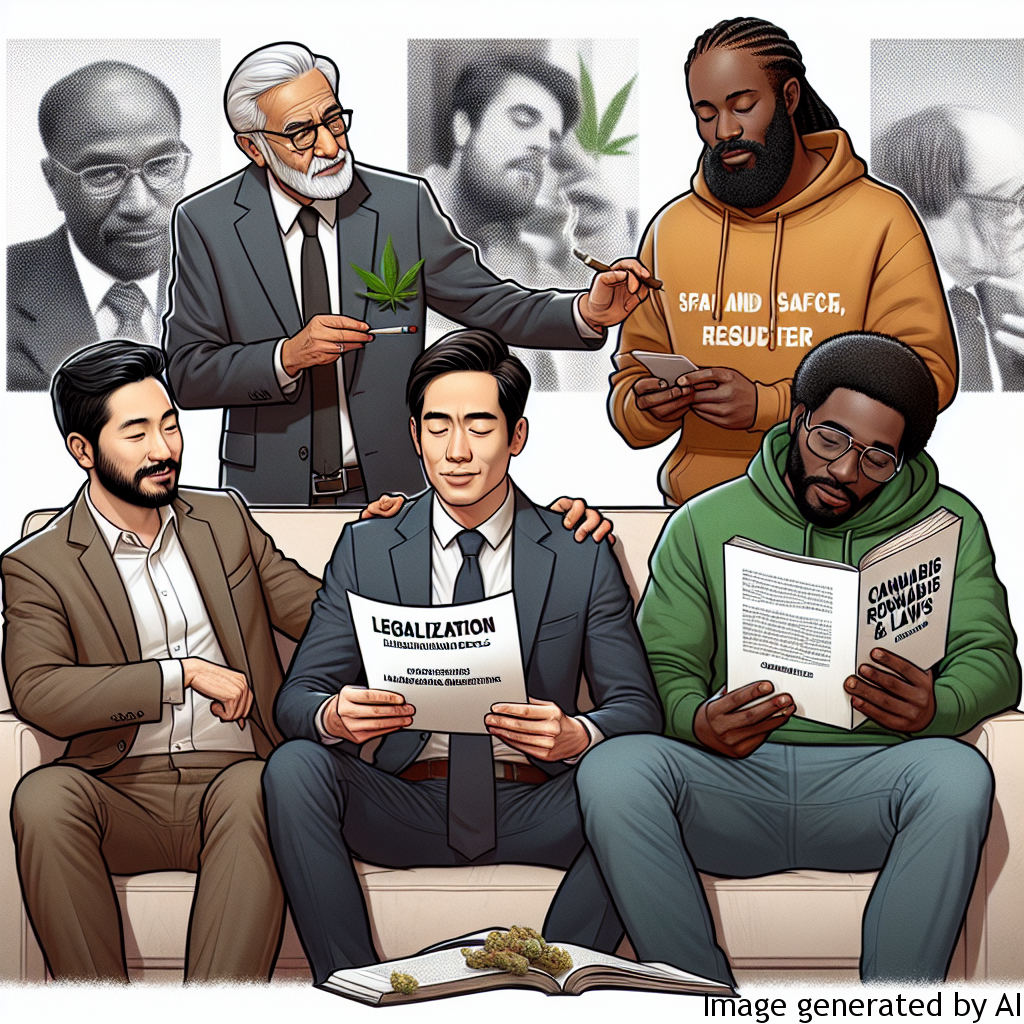Introduction
The legalization of cannabis in different parts of the world has sparked heated debates and discussions on its socio-economic, health, and specifically, psychological implications. In this context, it is crucial to understand the unique social consequences of cannabis legalization for men due to varying gender expectations and roles.
Gender Expectations and Their Influence on Men’s Psychological Health
Societal gender expectations or stereotypes are predefined norms and roles associated with each gender. These expectations can significantly impact an individual’s mental and psychological health, and men are no exception.
Substance Use and Masculinity
Prevalent notions of masculinity often dictate that men should be tough, resistant to emotional distress, and demonstrate control in all situations. This ‘stoicism’ could lead men to self-medicate using substances like cannabis to manage their emotions or stress, affecting psychological well-being. The legalization of cannabis may thus contribute to the expectations that promote men’s increased usage, potentially impacting their mental health.
Mental Health Stigma and Men
Gender expectations also play a significant role in influencing how men perceive and approach mental health. Many men often feel the need to suppress their emotions or avoid seeking help for mental health issues due to the fear of appearing weak or ‘unmanly’. This could lead to increased usage of legalized substances like cannabis as a form of self-medication for underlying psychological issues, exacerbating existing conditions.
Examples of How Gender Roles Can Affect Men’s Life
Cannabis use, whether recreational or medicinal, can impact men’s lives significantly, particularly considering existing gender roles. Men, traditionally perceived as the ‘breadwinners’, may find the impairment of cognitive functions from heavy cannabis use affecting their work performance and productivity. Further, persistent societal expectations can lead to increased drug consumption, leading to potential dependency problems.
Additionally, increased substance use can lead to social isolation, skewed relationship dynamics at home or work, and diminish overall mental and social well-being. This highlights the interplay of societal gender roles, substance use, and social consequences for men.
Advice for Improving Psychological Health Considering Gender Roles
Men can derive multiple benefits by challenging the restrictive gender norms affecting their mental health. Seeking professional help without shame, practicing open communication about individual mental states, and focusing on overall well-being over societal expectations can lead to improved psychological health.
Health education about responsible cannabis use is crucial. Adequate knowledge and community support can help men navigate through the potential pitfalls associated with the substance, keeping potential abuse or dependency in check.
Conclusion
As the world embraces cannabis legalization, it becomes even more vital to consider the gendered implications. Men, particularly, face unique challenges due to societal expectations and gender roles. A collective effort to challenge these stereotypes and promote responsible substance use can indeed help mitigate the social consequences of cannabis legalization for men.

